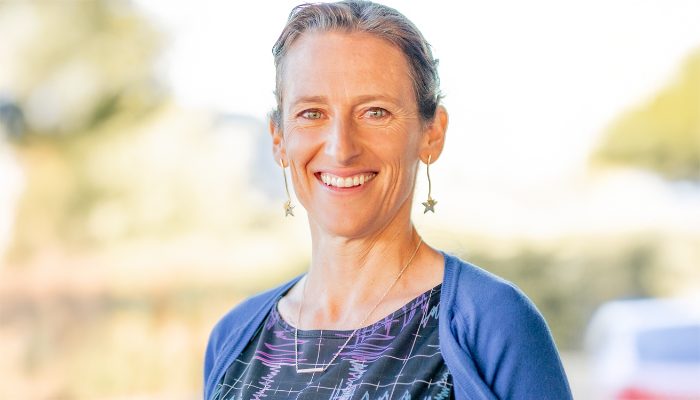For thousands of Year 12 students, the journey to university now starts months before final exams. What was once a niche pathway — the early offer — has become a mainstream fixture of the admissions calendar.
During the uncertainty of COVID-19, early offers surged in popularity. Universities saw them as a way to ease student anxiety, while students seized the chance to lock in their future.
Now, with applications open again, early offers are back in the spotlight — bringing excitement for some, but also unease for others. Schools and parents are asking tough questions about whether this trend truly benefits students. New research is beginning to shed light on the real impact of early offers, both for young people making the leap to university and for the institutions welcoming them. And what that research tells us is that a lot of the common concerns about early offers aren't borne out by the evidence available to us.
One concern raised is that early offers negatively impact students’ motivation in their final year of school. In 2024, Andrew Martin and Helen Martin published a study that looked at this very issue, tracking 1,500 NSW Year 12 students who sought admission to university through various means, including both early offers and other processes. Interestingly, the study reported no negative impact on student motivation. However, it did find a slight positive impact (10%) on students’ academic resilience from applying for early offers. Specifically, students reported improved self-confidence in the ability to overcome academic challenges such as difficult assessment tasks and meeting deadlines. This suggests that early offers might have a small impact on student motivation but a positive one, reducing stress and improving student wellbeing. It gives students confidence and a sense of progress toward university.
A second concern raised is that early offers may diminish the standards of academic entry into university. A few things are worth considering here. The first is that early offers are most frequently still based on marks. The UAC algorithm is applied to Year 11 results rather than Year 12 results. At the same time, it’s true that early offers often include a more comprehensive set of considerations in addition to Year 11 marks. This can include extracurricular achievements, interviews, and recommendations from the schools themselves.
When we have studied the data at Macquarie University, those who have joined us through early offers tend to go on and receive higher average marks at university than those who get offers based on their ATAR alone. This suggests that early offer pathways are not reducing the quality of students. Having said that, it is hard to account for a self-selection bias here: those who apply early are often those most enthusiastic and proactive about coming to Macquarie.
Of course, universities must remain ever vigilant of their admissions policies and processes so appropriate admissions standards will always be an important question for ongoing review. In the US, admissions into the Ivy League universities have often involved interviews and other non-academic considerations like leadership positions and extracurricular achievements. But a recent study found that standardised tests were actually better at helping admit lower SES students into Ivy League universities than interview-based processes.
That hasn’t been our experience at Macquarie University, where early offers have aided low SES students. But this remains an important question: if Education Minister Jason Clare wants to see more students from lower SES backgrounds head to university and succeed, our experience suggests that attributes beyond ATARs will be important for universities to collect for admissions purposes. This allows universities to take a broader set of markers of success into account – such as initiative to lead, juggling competing priorities, being active in sport, and being a service leader in your local school or community.
Finally, it’s worth remembering that early offer schemes are optional. Students don’t have to take that route if they don’t want to. And even when students apply, they are of course not guaranteed an offer. In the 2024 academic study, just over a fifth (21%) of students who applied for early offers were unsuccessful.
Our experience at Macquarie University tells us that early offers are a useful part of a suite of options helping students get into university. It helps them plan ahead, manage their stress levels, and build confidence in opportunities and challenges to come - at university, and in the world.
This article was first published in The Sydney Morning Herald.



